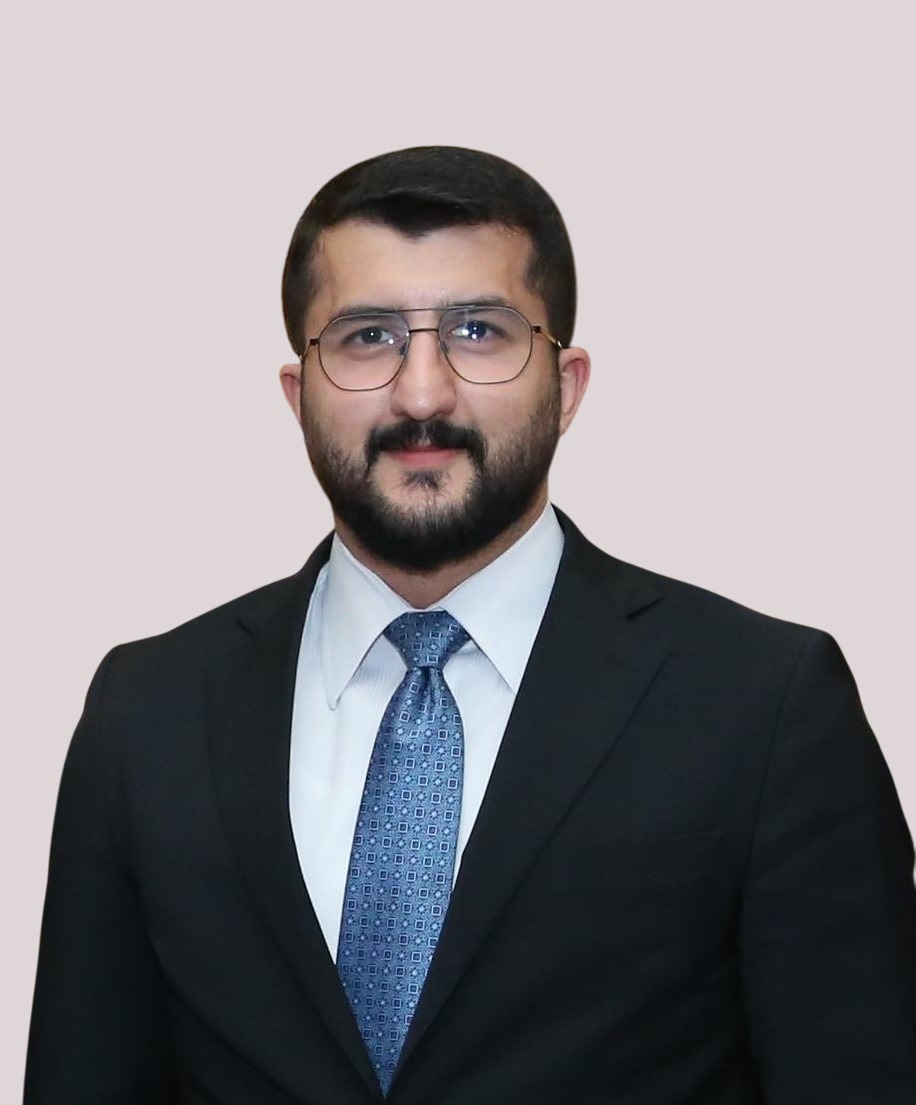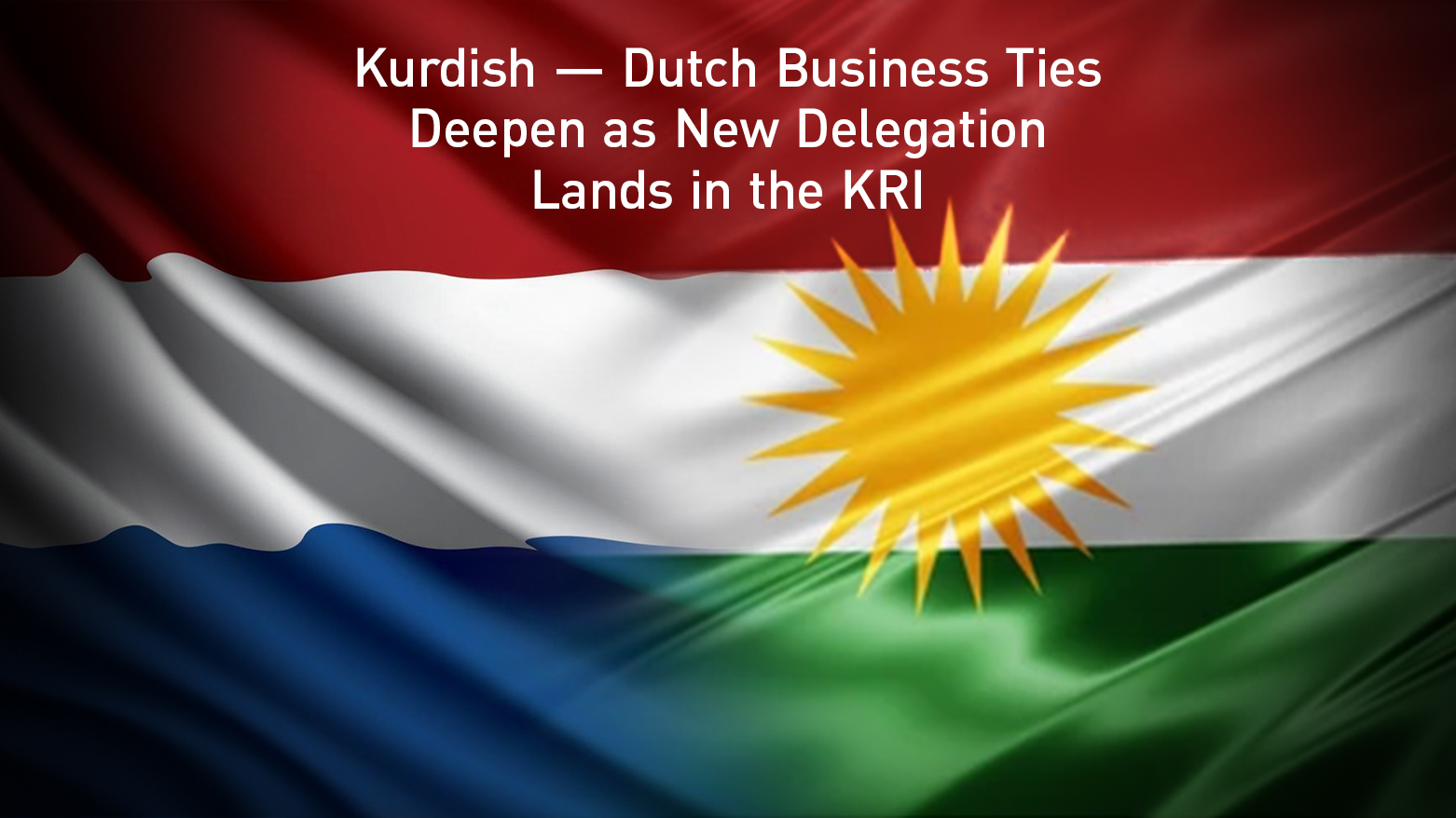
Polad Kh. Goran
Writer
Kurdish, Dutch Business Ties Deepen as New Delegation Lands in Kurdistan
From shared sacrifice in times of crisis to expanding trade and agricultural innovation, the Kurdish–Dutch partnership is evolving into a values-driven alliance rooted in trust, resilience, and long-term growth.

A nine-member Dutch business delegation arrived in the Kurdistan Region on September 8th, 2025, for a focused program of meetings with senior government officials and the chambers of commerce in Erbil and Sulaimani, signaling a new phase in an already resilient Kurdish–Dutch partnership.
The delegation brings business leaders and investors across various business sectors, including health, construction, branding, marketing, and agriculture, and is engaging through business events convened by the Consulate General of the Kingdom of the Netherlands in Erbil, followed by targeted matchmaking with Kurdistani counterparts.
This business delegation follows an economic forum in the Netherlands (June 9th to 13th) organized by the Kurdistan Regional Government’s Department of Foreign Relations and the Consulate General, and led by H.E. Begard Talabani, Minister of Agriculture and Water Resources, and H.E. Dr. Mohammed Shukri, Chairman of the Board of Investment, in which various Kurdistani business representatives participated.
Over several days, the delegation will meet high-ranking government officials and sector leaders, then sit down with the Erbil and Sulaymaniyah Chambers of Commerce for company-to-company sessions.
The format aims to translate interest into MoUs, contracts, and purchase orders, with the Consulate General facilitating introductions and follow-ups. Diplomatically, the Netherlands has had representation in Erbil for nearly 15 years.
The Dutch Foreign Ministry underscored this partnership on its official portal by highlighting the Kurdistan Region in orange, a clear signal encouraging Dutch investors to explore opportunities in the KRI, highlighting that the Kurdistan Region is stable and secure for Dutch investors to invest in.
Agricultural collaboration has been particularly striking, with potato harvests rising from a mere few thousand tons to hundreds of thousands of tons through know-how and value chain support.
Dutch cooperation continues to support private-sector growth in the Kurdistan Region, with programs that channel funding and practical advice to SMEs and young founders – helping turn ideas into investable projects and stronger businesses.
Kurdish–Dutch ties have also been forged in crisis. During Operation Provide Comfort in the early 1990s, the Netherlands supported relief and security efforts in the Kurdistan Region. In the fight against ISIS, Dutch contributions included military support, Peshmerga training, and humanitarian assistance for displaced families.
Through the Global Coalition and EU missions, Dutch experts support defense and security-sector reforms, while the Consulate General maintains military advisors to assist with priority institutional needs.
Beyond policy and trade, the partnership has powerful symbols. In The Hague, the Halabja Monument (inaugurated 29 March 2014) stands in the garden of the Organization for the Prohibition of Chemical Weapons headquarters as a living reminder of Kurdish suffering under the 1988 chemical attack and of the Netherlands’ enduring solidarity in keeping that memory alive.
That moral anchor helps explain why business and governance ties continue to widen: the relationship is not merely transactional but values-based, rooted in remembrance, dignity, and mutual respect.
For the companies now meeting in Erbil and Sulaimani, the opportunities are tangible. Health services, construction and infrastructure, brand-building, and agri-value chains where Dutch firms bring proven strengths. With chambers-led matchmaking, this mission is designed to shorten the distance from first contact to signed deals.
At the center of this week’s visit, the message is consistent: partnerships built on trust, strengthened by training and advisory support, and focused on practical solutions are the surest path to growth.
This week’s visit is not just another date on the calendar; it is a steady step forward in a relationship the Kurds and the Dutch have built together over many years.
The views expressed in this article are those of the author and do not necessarily reflect the editorial stance of Kurdistan24 English.